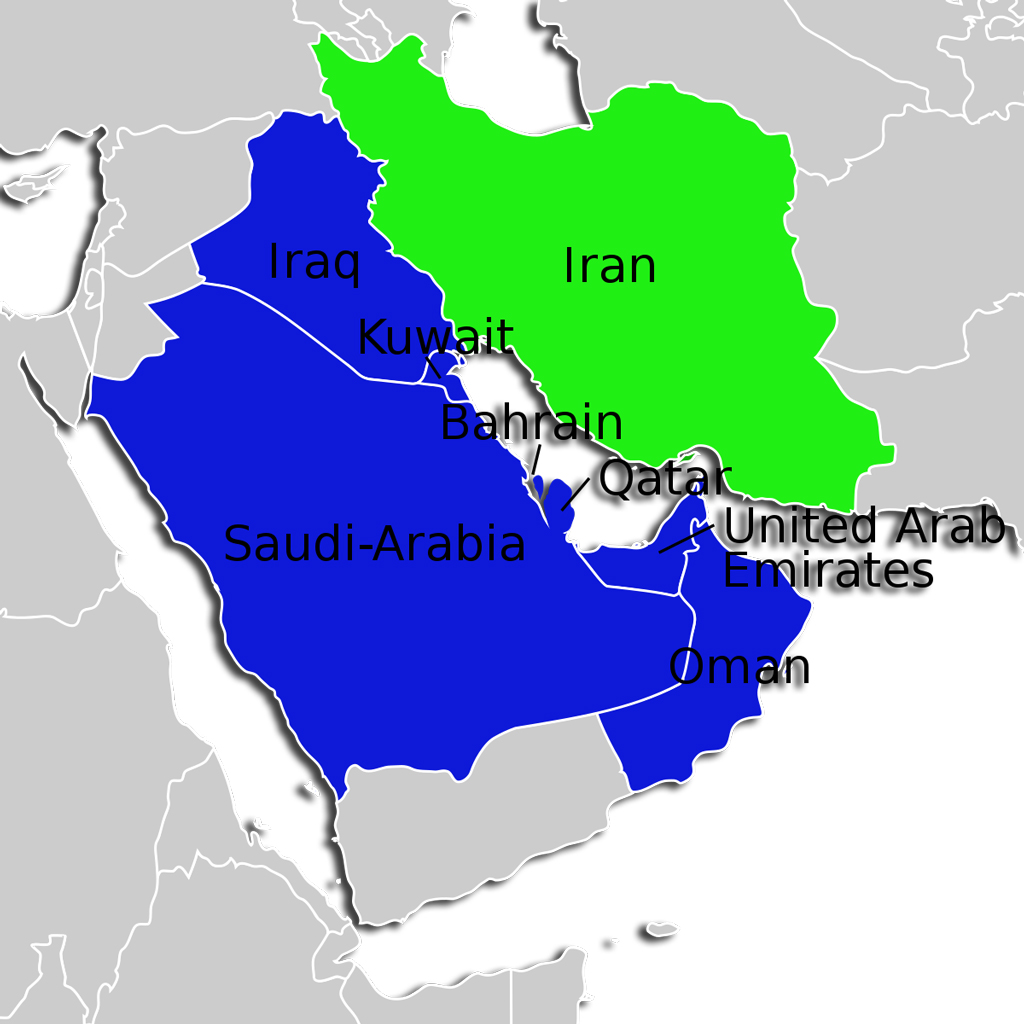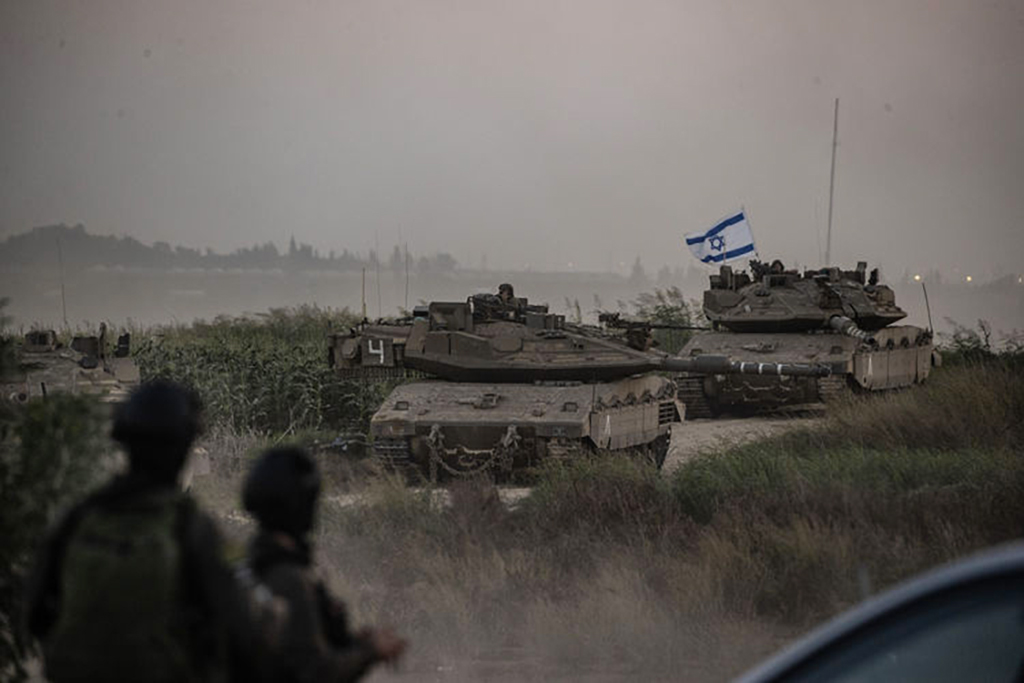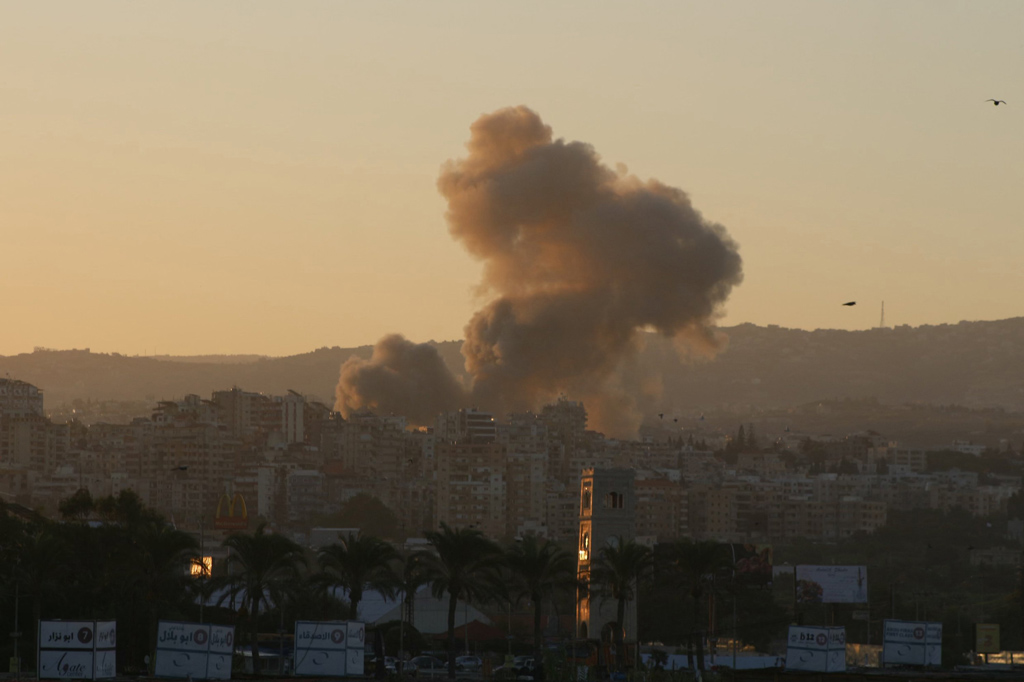
Good cop, bad cop policy in Gulf
Tensions between the United States and Iran swing like a pendulum between confrontation and negotiation.
Share
Tensions between the United States and Iran swing like a pendulum between confrontation and negotiation. Ahead of the 2020 U.S. presidential election, Iran will be a permanent fixture on President Donald Trump's policy agenda — whether within the context of conflict or attempted talks. As a matter of fact, the U.S. president threatened Iran last week over the firing of missiles near the U.S. Embassy in Baghdad. If Tehran wanted to fight, Trump said, it would be the end for Iran. The deployment of aircraft carriers, bombers and ground forces to the Gulf was on the agenda before the pendulum swung toward negotiations.
Trump told reporters during his visit to Japan that a new nuclear deal was not off the table and reiterated that his administration did not seek regime change in Iran. Trump did not withhold his famous compliments, which are reserved for his negotiation partners, from the Iranians either. That Trump said those words in Japan was no coincidence. Japanese Prime Minister Shinzo Abe enjoys cordial relations with Tehran and is willing to facilitate de-escalation in the Middle East as Tokyo depends heavily on Gulf oil. June will be a critical month for the future of bilateral tensions between Iran and the United States. Abe will visit Iran and Japan will host the G20 summit.
It is no secret that Trump doesn't want war with Iran. He is unlikely to send hundreds of thousands of troops to the region. That regime change is off the table suggests that Washington is willing to set aside military options. A new nuclear deal, it seems, could suffice.
Yet there are two key problems with that argument. First, it is unclear whether Iran can trust the United States enough to renegotiate terms. Trump withdrew from an agreement that his predecessor negotiated. What stops any future U.S. president — or Trump himself, obviously — from scrapping the renegotiated version?
Another issue is the disagreement within the Trump administration. Trump's foreign policy team calls for Iran's containment. The 12 conditions set forth by Secretary of State Mike Pompeo remain on the table. The Americans want to undermine Iranian influence and proxy forces in Syria, Iraq, Lebanon and Palestine. They are also unsettled by the success of Iran's ballistic missile program. To be clear, American allies are unlikely to settle for a renegotiated nuclear deal either. Israel, Saudi Arabia and the United Arab Emirates (UAE) agree on the need to "teach the mullahs a lesson."
No one wants total war. A military campaign against Iran would look nothing like the occupation of Saddam Hussein's Iraq. Yet Iran's regional adversaries support indirect interventions that could undermine Tehran's military might. Iranian proxies, including Hezbollah, Hamas, the Houthis and Shiite militias in Syria, all pose a threat to Israeli and Saudi interests. Stopping the flow of cash to Iran with sanctions won't make that threat go away.
Still, Trump could settle for a renegotiated settlement. He could reassure his allies in the Gulf and Israel by putting in place military precautions designed to ensure their safety. At the same time, Trump could keep selling weapons to regional powers, fueling anti-Iranian sentiment. Yet Iran won't just turn its back on its proxies. Against the backdrop of American-backed Israeli expansionism, the region could set the stage for a hot conflict at any moment.
Indeed, the pendulum will swing many more times between confrontation and negotiation.
[Daily Sabah, 29 May 2019]
Tags »
Related Articles








